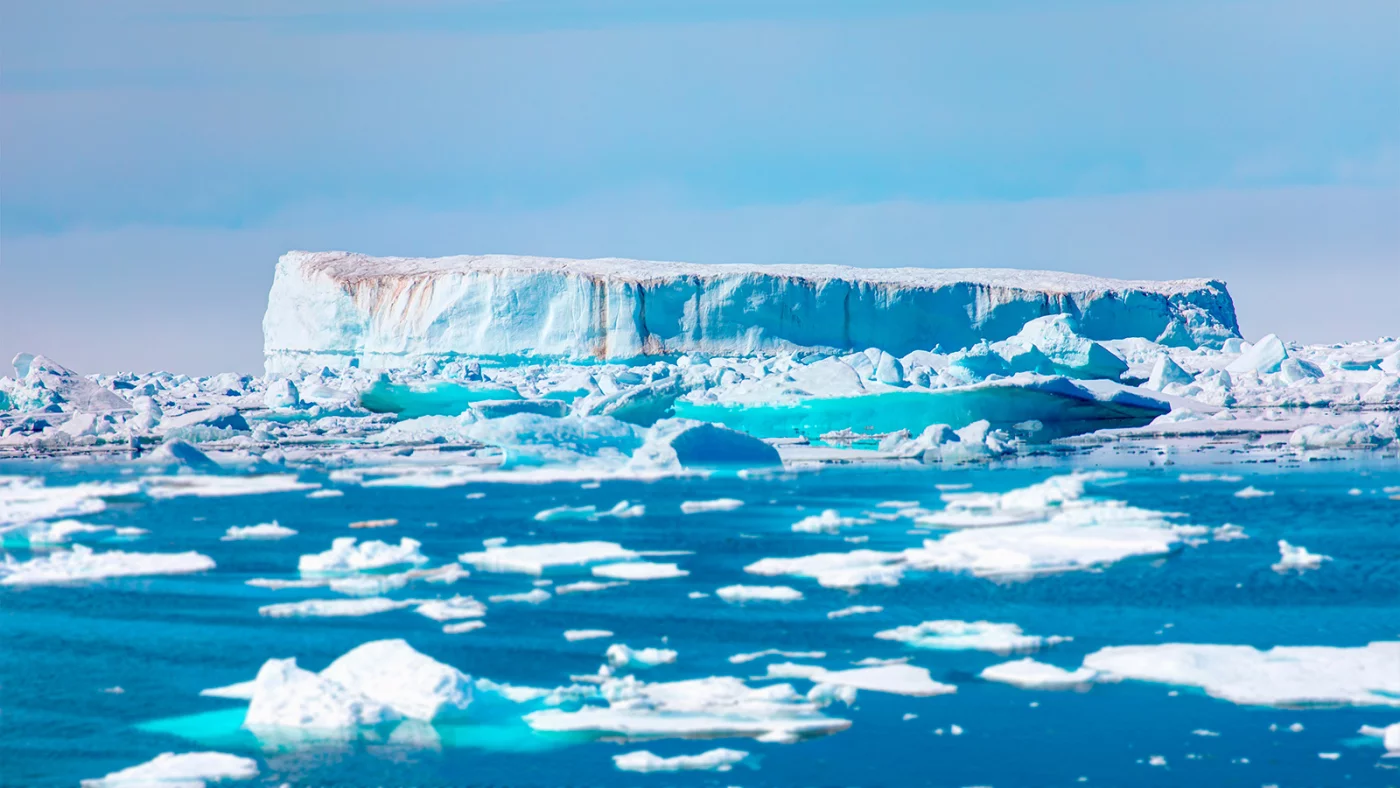Ice is melting in the Arctic… And the geopolitical race is heating up!

The Arctic isn’t just a land of ice anymore. It’s becoming a new center of geopolitical power — all thanks to the record-breaking ice melt. Let’s break it down.
The most anomalous March in 47 years!
March 2025 wasn’t cold — it was unusually warm. According to the Copernicus climate monitoring service, the Arctic sea ice measured 14.5 million km² — the lowest figure in 47 years.
That’s 6% less than the 1991–2020 average.
Now ships sail on water, not ice!
What seems like a climate issue is actually reshaping global geopolitics. As the ice disappears, more countries are deploying military and trade ships to the region. The navigation season — when ships can pass — is getting longer each year.
New strategic sea routes emerging
Rebecca Pincus, former director of the Wilson Center’s Polar Institute, told Financial Times:
“It’s not just about defense anymore — big business sees opportunities here too.”
That means Russia, Canada, Greenland, and the U.S. could soon benefit from new maritime trade routes through the Arctic.
Climate change = political power shift?
According to Copernicus deputy director Samantha Burgess, Canada’s Arctic and both coasts of Greenland experienced unusually high temperatures in March.
The Arctic — the next geopolitical hotspot?
Thus, along with the melting of the ice, a new stage is beginning in the world - the Arctic race. The situation in this region, rich in natural resources and strategically located, is now of interest not only to climatologists, but also to politicians.
We remind you that all these changes are a "living" example of global climate change. And each anomaly in nature also affects political decisions. We will continue to monitor these geopolitical movements in the Arctic! Read “Zamin” on Telegram!
Ctrl
Enter
Found a mistake?
Select the phrase and press Ctrl+Enter 





















